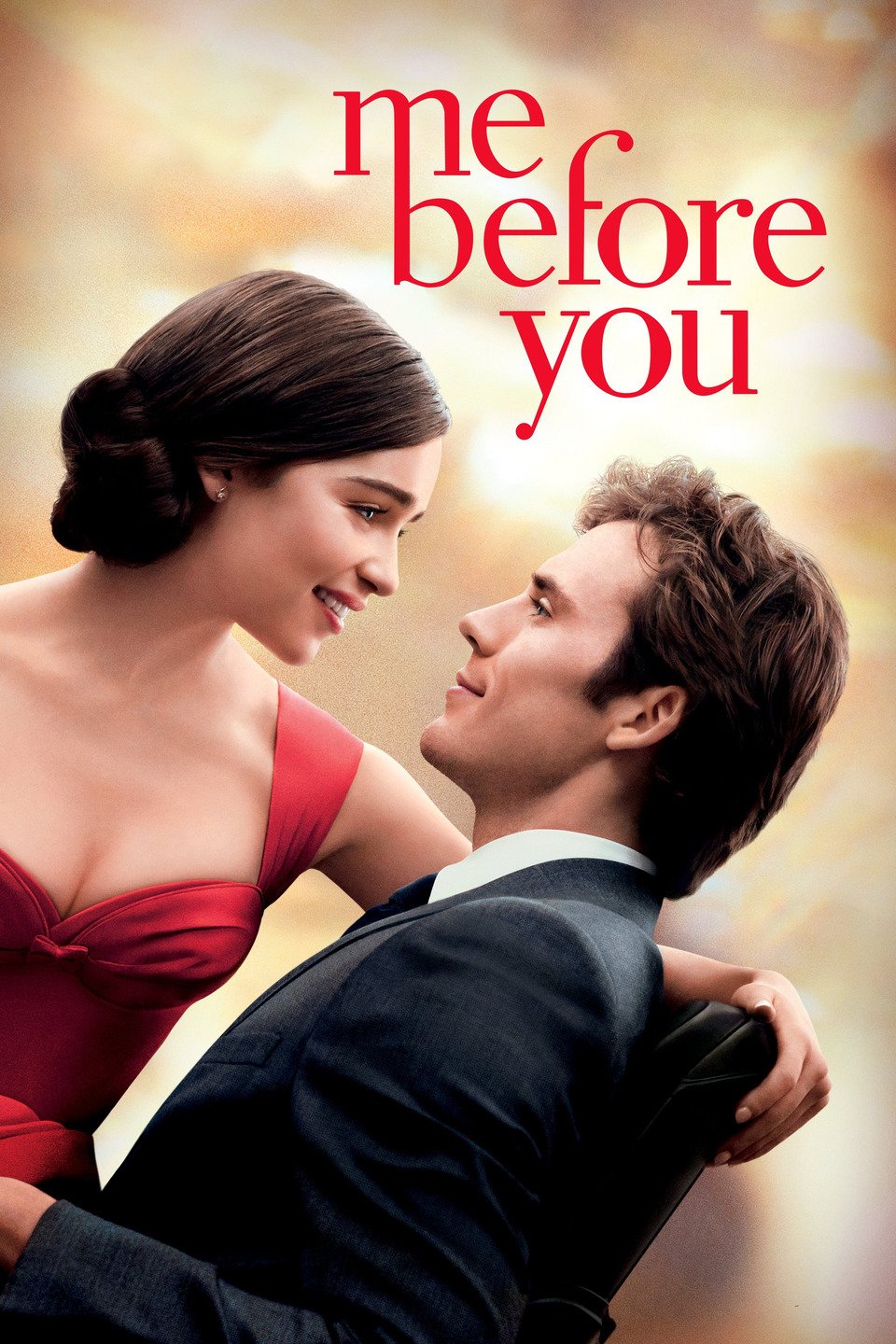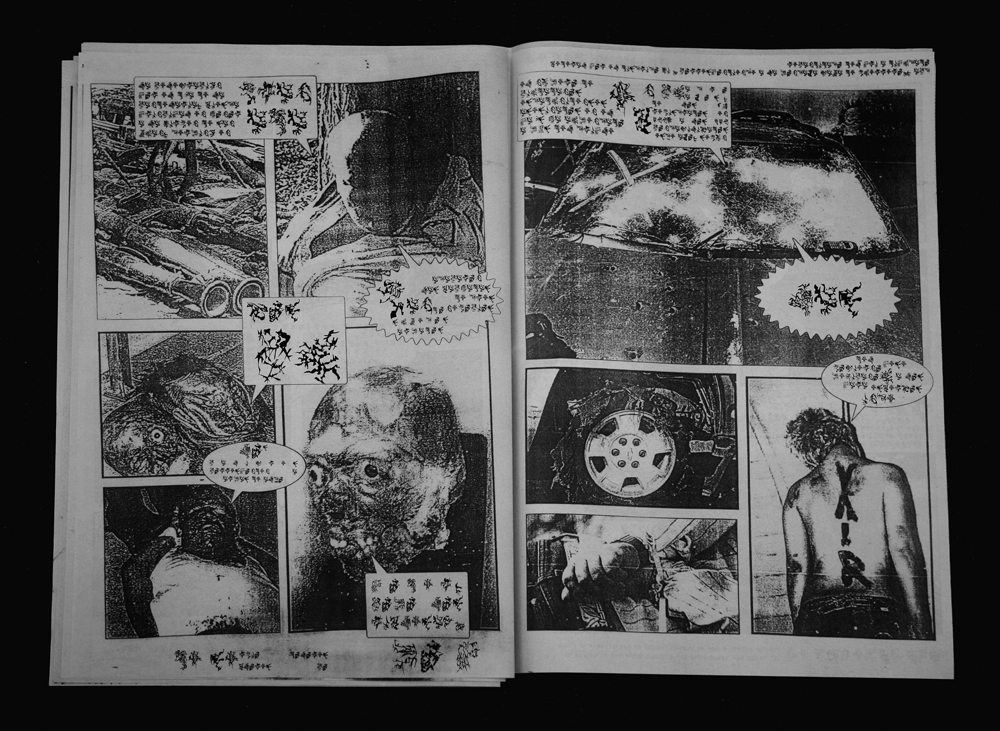
Has child sexploitation become accepted in literature culture?
If literature is supposed to reflect cultural values, beliefs, and norms, have we as a society become ok with the use of underage sex scenes in widely publicized books, some even considered classics?
Let’s take for example J.D. Salingers 1945 book Catcher in the Rye. A majority of the book’s premise is focused on a young teenage boy’s sexual curiosity. With numerous references to sex and virginity, this young boy claims he is obsessed with sex even though he is a virgin and even attempts an evening with an escort. Some could argue the relationship between puberty and prepubescent boys can be confusing and quite a difficult time in maturation while others claim the over-glorification of sexual references is a bit taboo.
Stephen King’s popular book It has significantly fewer references to sex than Catcher in the Rye, however, It became quite controversial after it was released due to the group sex scene between 6 preteen boys and 1 preteen girl. Each young boy was to engage in a sexual relationship with the young lady as a means of becoming unified among the group. There’s also the issue of the young girl’s father who, even though not clearly stated in the book, comes off as an abusive sexual predator to his own daughter. Would this book have thrived as well as it did without the controversial group sex or the father’s pedophilic behavior or did that, in turn, help the book make a name for itself?
We can’t talk about child sexploitation without referencing the infamous Lolita by Vladimir Nabokov published in 1955. The book’s entire premise is about a middle-aged man lusting and then seducing a 12-year-old girl. Is this just another sneaky thrill utilizing seduction or boundaries being crossed to achieve success or shameful failure?Some things we know are certain, all 3 books are written by males and all 3 books have been or almost been banned in various different parts of the world. But does the banning of these books help or worsen their popularity? Is it coincidental that these authors are all male or could this be due to some form of male fantasy? Seduction is both a major classic and majorly controversial. Would these books have been as highly publicized without the sexual connotation? We know controversy helps but to what degree? Has a culture dedicated to protecting children become normalized to child sexploitation in literature or is it time to do away with it all?








One component that is important to consider is why do authors feel comfortable in publishing work that sexually exploits children— do they not face enough backlash? Do they face a non-critical audience? In spite of the intentions of any author, it is the responsibility of the audience to evaluate the purpose, place, and necessity of such works in our culture. Yet, it is also the responsibility of the author to consider the message that their work sends out. Either way, accountability is necessary.
I haven’t read Stephen King, but I did read Lolita. It could be consider a piece of art if we only consider its value in literature. However, it clearly is about child sexploitation, according to the original post. So, it seems that the problem has boiled down to another “should this art be allowed” question. Personally speaking, I think people should be allowed to hold different opinions on that, yet I also think that there should be a value of the society that is morally higher than any personally value. Thus, on this specific case, I mean that an individual can accept such literature to be a kind of art, but the society should not, which means I think we should still ban them (while some of us may have a peek into the taboos, oops).
I don’t think people are ‘okay’ with the use of underage sex scenes in books, or in any media for that matter. The fact that people ban it attests to that. Do I think these books are bad because they contain these things? It’s complicated, but I generally do not think they’re bad or exploitative, for the most part.
I had to read Catcher in high school, so I was about Holden Caulfield’s age when I read the book. Reading it I never got the impression that the use of sex and sexuality throughout the book was exploitative or was used for shock value. I believe it does serve a purpose in developing Holden as a character and it’s important to see these things through his eyes. As teenagers we ask these questions and to some extent behave like he does so seeing our actions and our beliefs through a character adds to how we relate to them and to what we get out of the book. Sure, maybe as an adult it feels weird to read about the sexual discovery of a teenager, but as a teenager we see (or saw) ourselves in him; in his actions, in his confusion and intrigue about a normal thing growing up.
Lolita is a slightly more difficult topic. If you read the book, it is very clear that the acts committed in the book are awful, evil things. Nabokov writes the book like a horror. It is not fun, it is not romantic. Humbert (the main character) says things in a “romantic” way, but that is very much not how the reader reads it. It is a book about a predator abusing a child. It is very clear on that front. It is shocking and I can see how certain things can be seen as being used for shock value. But the book doesn’t just stop at these shocking moments. It’s the story of abuse and of a predatory individual, someone who could very easily be living among us. I don’t believe books should avoid this topic. It is very important to have people understand how awful these things are, and Lolita portrays that pretty clearly.
I don’t have much of anything to say about It. I haven’t read it. However, what I have heard about that scene is pretty bad. I’m sure there is something deeper with more context or knowing King’s intent. He’s pretty unique guy, but I’ve never gotten the impressions he’s that bad of a person.
Overall, I don’t think books (or really any media) should avoid this topic altogether. In a lot of ways, it’s very important for specific audiences to see. Being a teenager is a trying time so to see someone like them, confused, angsty, and flawed is very important and can be comforting. And to see a characters like Humbert exposes people to real horrors that exist all around us. A competent writer can turn taboo and controversial topics into works of art that go beyond exploitation and shock value into more meaningful work. I believe at least Salinger and Nabokov accomplished that.
While I do agree with the sexual connotations underlying this book, I feel that this topic also has a lot to do with intent and purpose. In terms of Stephen King’s book “It,” the infamous sewer scene was a topic of controversy for a lot of people on whether it was just there to add shock value, whether it had some actual purpose/addition to the plot, and if we should allow for these kinds of images to be portrayed through adolescent characters. While I DON’T agree with King’s choice of portraying the theme of childhood and adulthood merging through this kind of imagery, I don’t want to rule out the possibility of King’s intentions altogether. As King has explained the reasoning behind his choices, it seems there was some intent behind his writings. He states:
“I wasn’t really thinking of the sexual aspect of it. The book dealt with childhood and adulthood –1958 and Grown Ups. The grown-ups don’t remember their childhood. None of us remember what we did as children–we think we do, but we don’t remember it as it really happened. Intuitively, the Losers knew they had to be together again. The sexual act connected childhood and adulthood. It’s another version of the glass tunnel that connects the children’s library and the adult library. Times have changed since I wrote that scene, and there is now more sensitivity to those issues.”
Could his portrayal of the merging of these two worlds have been done differently? Yes. Would it have had the same impact/portrayal of the message without the scene? I’m still determining. Regardless, there is some reasoning behind him putting that imagery in there, and it wasn’t just there to add some shock value. And this is NOT to disregard all of the implications and connotations that come with such a highly publicized work as Kings. There are issues with portraying underaged children through a sexual lens in all different kinds of media and genres, which we SHOULDN’T disregard. This is just a different explanation/angle of how to see the issue at hand with this kind of literature.